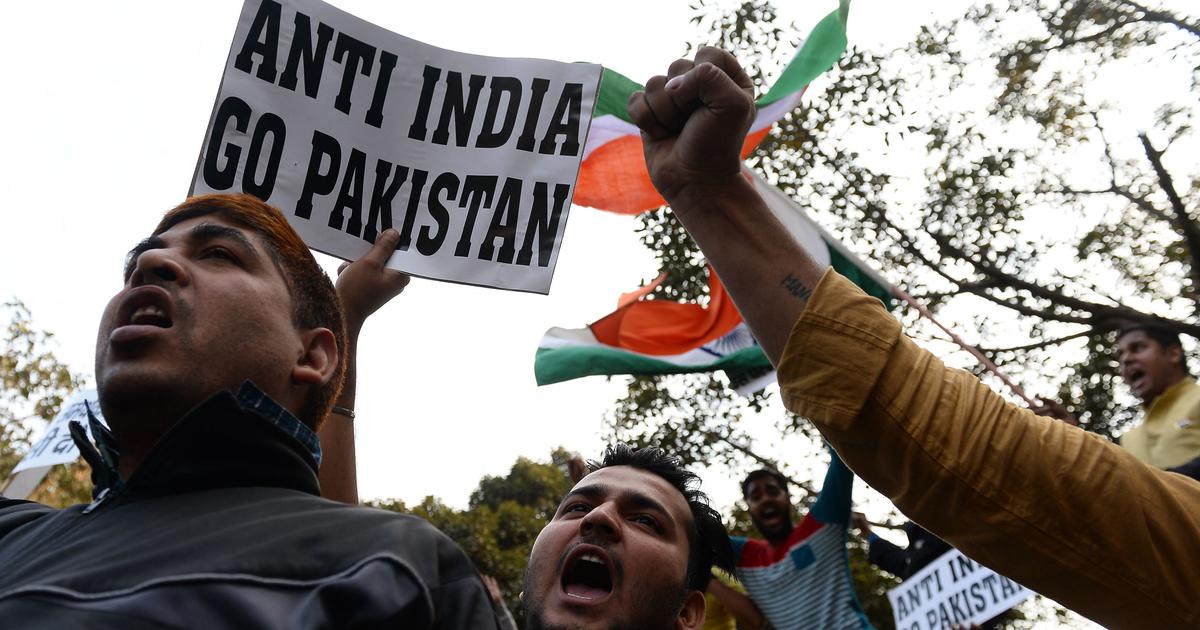On May 19, Ali Khan Mahmudabad, an associate professor and the head of political science at Ashoka University, was arrested for social media posts on India’s military strikes. Nothing in his posts violated any laws. The Supreme Court granted him interim bail on Wednesday but ordered the formation of a special investigation team to look into the “meaning of the words” in the post.
But more revealing than Mahmudabad’s arrest and subsequent bail was the instructive silence of the university.
Ashoka University said nothing in support of its own faculty, its bland statement not defending the right to expression, the autonomy of scholarship nor upholding its duty to protect inquiry. The university did not even ask for a fair hearing.
Across borders, the university is being recast not as a site of contestation but as a risk-managed institution of reputation and restraint.
In Thailand, American scholar Paul Chambers was arrested in April for his remote association with a webinar deemed offensive. He had not spoken at the event, nor organised it.
In the United States, Badar Khan Suri, a postdoctoral scholar at Georgetown University, was detained in March by immigration officials who accused him of “supporting Hamas”. US immigration officials have cracked down on scholars and students for pro-Palestinian activism since February.
South Korean scholar James Yoonil Auh observed that universities today face a “quintilemma”: a five-fold crisis eroding the foundations of higher learning. Truth is politicised. Autonomy is fragile. Belonging is conditional. Survival is transactional. Purpose, perhaps most dangerously, is adrift.
The university no longer mediates between state and society. It no longer affirms the legitimacy of dissent. In this vacuum, students watch as teachers weigh each word and dilute each thought.
The institutional memory of the university, once passed through debate and disagreement, is now being rewritten in silence.
The global university is becoming less a site of inquiry and more a stage for ideological compliance.
In the United Kingdom, the Public Order Act of 2023 has drawn criticism for curbing student protests under the guise of public safety. In Hungary, entire gender studies programmes have been dismantled through state defunding. In the United States, “anti-woke” legislation increasingly dictates the contours of race, gender, and history education in public institutions.
The Indian university is at an even sharper inflection point. Rather than adapt to political pressure, it is retreating from its role altogether. The arrest of Mahmudabad and the institutional silence that followed reflects these crises.
Students are urged to think critically but only within sanctioned boundaries. To speak freely, but never too loudly. To analyse, but not antagonise. This contradiction is at the heart of modern academia, demanding boldness yet punishing it in the same breath.
What does it mean to teach and learn in India today? What does it mean to enter a classroom knowing that a question, however measured, however thoughtful, may be interpreted not as dialogue but as defiance? What does it mean when students must calculate what they think and even how safely their thoughts can be expressed?
Indian academics have long found themselves marked, maligned, and made examples of, for asking the wrong questions, publishing the inconvenient paper, standing by the unpopular view. The targets shift. The tactics evolve. But the pattern endures, in an escalation of a longer campaign.
Academic freedom in India
In 2021, Pratap Bhanu Mehta, veteran political theorist and commentator, was forced to resign from Ashoka University. His writings had become, in the words of the university’s founders, a “political liability”. Economist Arvind Subramanian resigned in protest soon after.
Their departures sparked student outrage and drew global condemnation, with over 150 international scholars calling it a “dangerous attack” on academic freedom.
In 2023, economists Sabyasachi Das and Pulapre Balakrishnan quit Ashoka University within days of each other. This was following Das’s research that considered possible electoral manipulation in favour of the ruling Bharatiya Janata Party during the 2019 Lok Sabha election.
The language of these repressions may vary – administrative reshuffling, legal harassment, subtle coercion, but the message remains constant – dissent will be punished and inquiry will be policed.
This is not just a problem for the university but is a threat to the republic. When a professor is arrested for posing a question, what is being criminalised is thought itself. When universities respond with silence, or worse, complicity, what is lost is not just academic freedom, but the idea of the university as a space of fearless inquiry.
The consequences are already visible: classrooms grow quieter, students second-guess themselves, curricula bend toward the comfortable. The implicit lesson is not how to think, but how not to.
One post or arrest may not define a republic but it is the ambient fear that settles in place afterward, which teaches one to pre-empt their own silence. The greater risk is not censorship but self-erasure
If India is to preserve its pluralistic imagination, its constitutional morality, it must protect its scholars as stewards of the democratic conscience. The stakes are no longer theoretical but existential. Once a society begins to punish thought, it may soon forget to think at all.
Geetali and Ankur Singh contributed to this column from the Centre for New Economics Studies (CNES).










